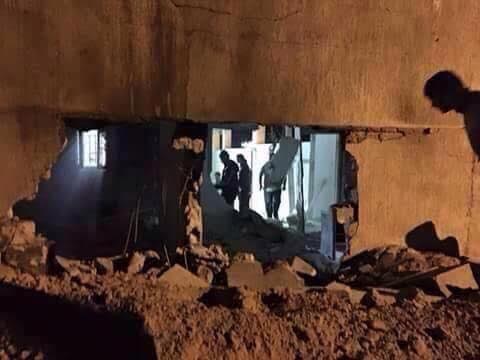By Sami Zaptia.
Tunis, 18 December 2015:
International assistance pledged to Libya by the international community needs to be coordinated so the newly . . .[restrict]approved Government of National Accord (GNA) can gain maximum benefit.
The conclusion was reached at the UNDP-organized Second Libyan Experts Development Cooperation Forum held in Tunis 17-18 December.
International assistance to the GNA had been discussed in October at the UK-UNDP organised meeting at the FCO in London.
The coordination of international assistance was important especially since the transitional Libyan state was weak with HR and institutional limitations.
It was felt that Libya needs to create a vision, strategy and a list of priorities in order to best deal with pledged international assistance.
It was noted that the experience since 2011 was that there was often disagreements within Libyan ministries and departments regarding strategy, vision, authority and priorities.
This was especially the case between the Ministry of Foreign Affairs and the Ministry of Planning who have vied for being the coordinator of foreign assistance.
It was noted that over the period since 2011 there were a number of occasions when Libya received foreign assistance that it did not need or want. This assistance was often poor, delivered by foreign personnel lacking in capability.
Foreign assistance was all too often piecemeal and scattered and not part of a comprehensive policy or vision.
International donors were often competing with one another rather than cooperating or coordinating, which was adding to the confusion of the Libyan government. Hence coordination of foreign assistance needs to be as much between international donors as within the Libyan government. [/restrict]








